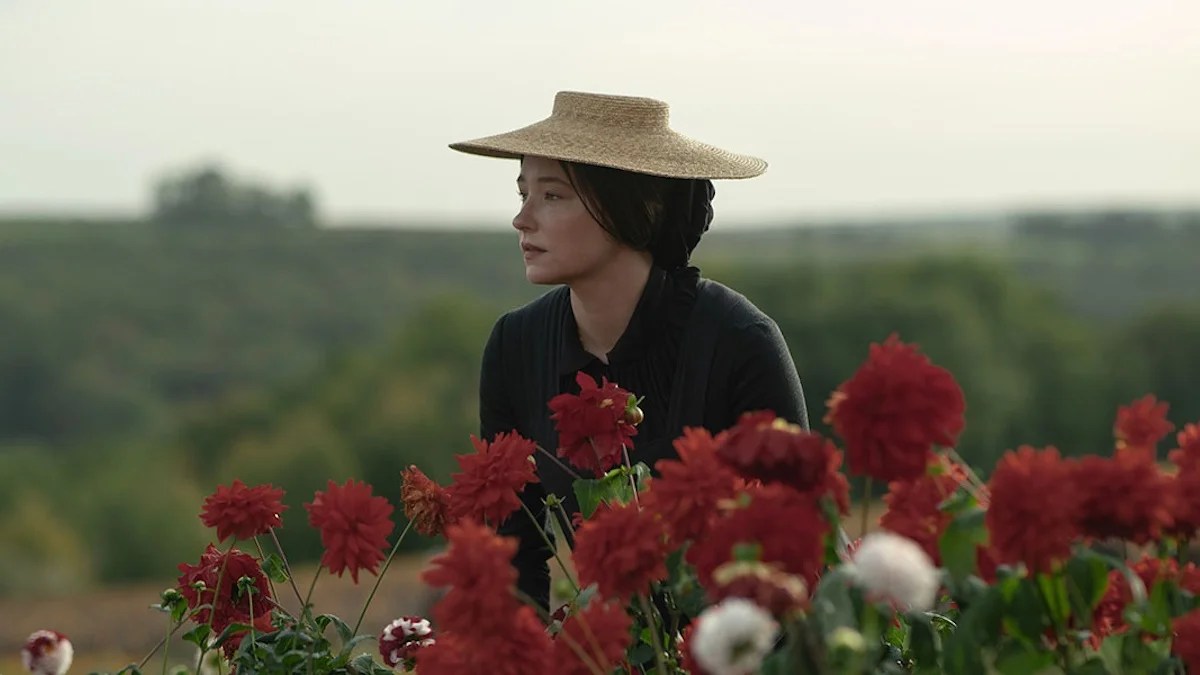For the longest time, when a woman loses their husband, they lose everything, as the name, assets, and estate used to be held by and passed on by men exclusively. It was outstanding when Barbe-Nicole Clicquot Ponsardin was able to keep the estate due to the brilliance of her innovative champagne making techniques, and more so when the champagne house she built lasts past two centuries, so it was a bit of a letdown to see the Widow Clicquot falter in telling this incredible story. The costumes, sets, and score worked well to craft the emotional turbulence Clicquot goes through, and Madame herself is excellently portrayed by Haley Bennett, but her invention and the actual history is mostly brushed aside by the awkward, stilted romances Clicquot supposedly shares with her husband when alive, and her wine merchant when he died. Widow Clicquot deserves better.
Synopsis
After her husband's death, Madame Clicquot flouts convention by assuming the reins of their wine business, defying her critics and ultimately revolutionizing the champagne industry, establishing her as one of the world's first great businesswomen.
Storyline
Reims, France, 1805. After her husband François dies, Barbe-Nicole Ponsardin takes hold of the fate of the Clicquot estate, shifting the family fortunes and becoming the Grande Dame of Champagne.
TLDR
I love a good queer love triangle, but in a film about an extraordinary woman revolutionizing the champagne industry, maybe it’s best to stick to her craft and save the romance for another movie, no?
What stands out
The love triangle between Clicquot, her husband, and her wine merchant is a strange choice, considering there’s no evidence for it. It’s at least interesting to see a queer twist to the triangle, but this, along with François’ supposed addiction and abuse, feels a bit like poorly conceived fanfiction, rather than a nuanced depiction of the real life people.






